Steven Pinker Book Recommendations
A renowned cognitive scientist, linguist, and author, Steven Pinker is known for his work on language, mind, and human nature. His influential books, such as "The Language Instinct" and "Enlightenment Now," often blend scientific research with accessible prose to explore complex topics. Pinker advocates for reason, science, humanism, and progress, frequently engaging in public discourse on these themes. His insights into the human condition and societal trends make him a significant voice in contemporary intellectual thought.
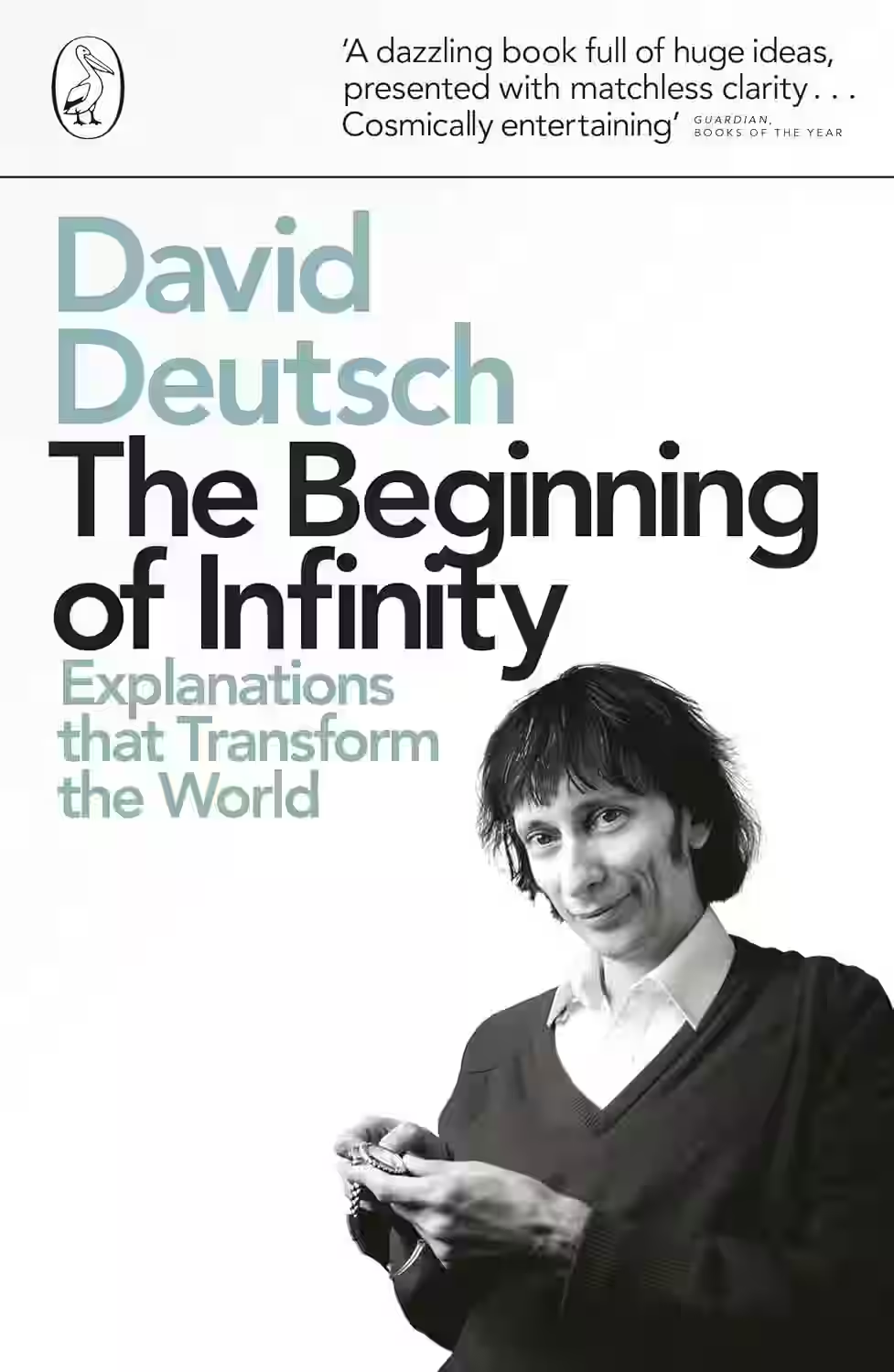
David Deutsch's The Beginning of Infinity explores the boundless potential of human knowledge and progress. He argues that through better explanations and critical thinking, humanity can solve problems previously deemed unsolvable. The book delves into topics like quantum physics, philosophy, and the nature of scientific discovery, emphasizing that there are no inherent limits to what we can understand. Deutsch posits that with the right knowledge, we can achieve infinite progress, making this work a profound examination of human potential and the transformative power of ideas.
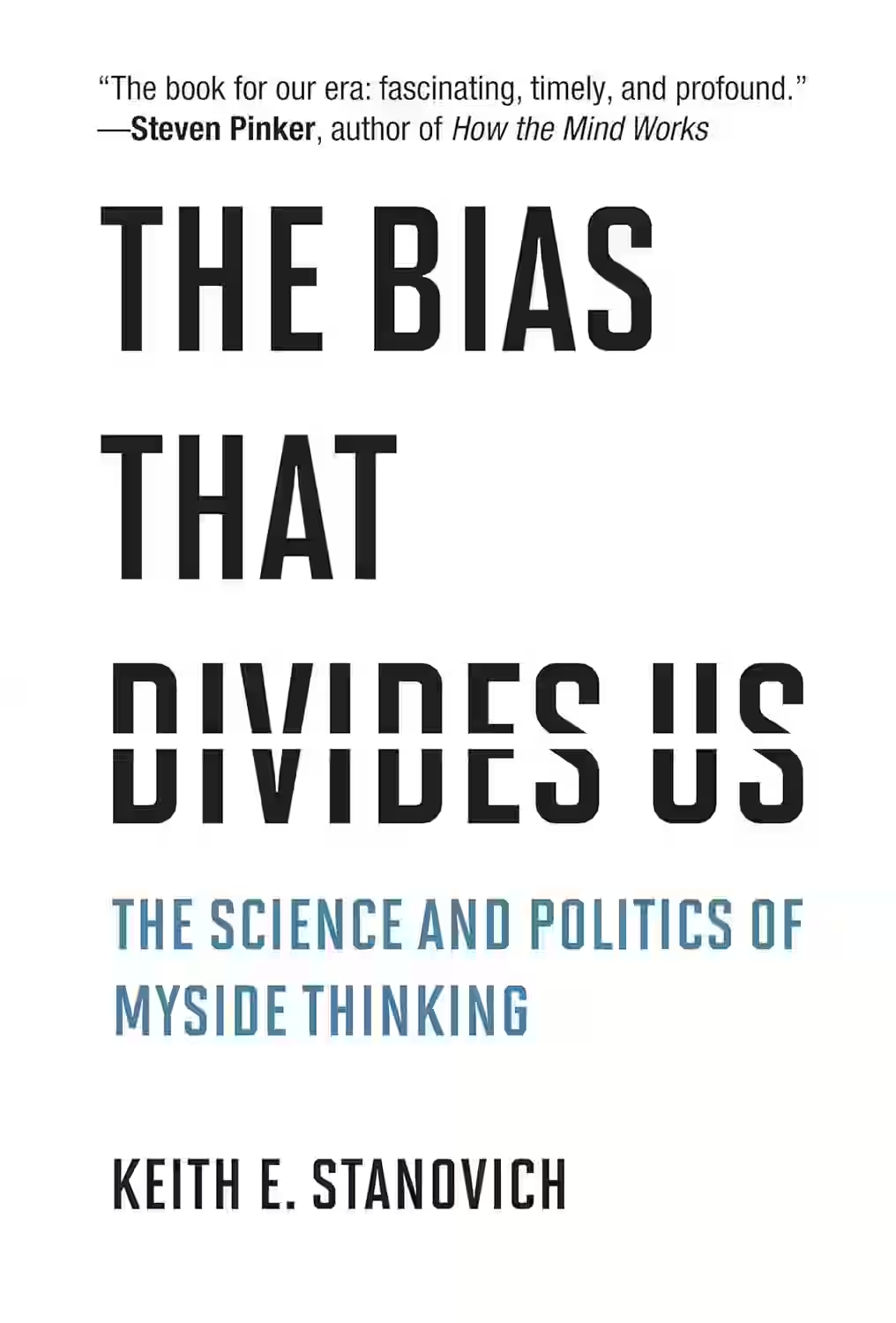
Keith Stanovich explores “myside bias,” a cognitive tendency where people favor information that supports their pre-existing beliefs. The book shows how this bias undermines rational discourse, fuels political polarization, and distorts decision-making—even among highly intelligent individuals. Stanovich distinguishes between intelligence and rational thinking, arguing that education alone doesn’t guarantee cognitive objectivity. Through accessible research and examples, he offers strategies for cultivating rationality and intellectual humility. The Bias That Divides Us is a vital contribution to understanding how psychological blind spots hinder progress and how we can overcome them to think more clearly and engage more constructively.
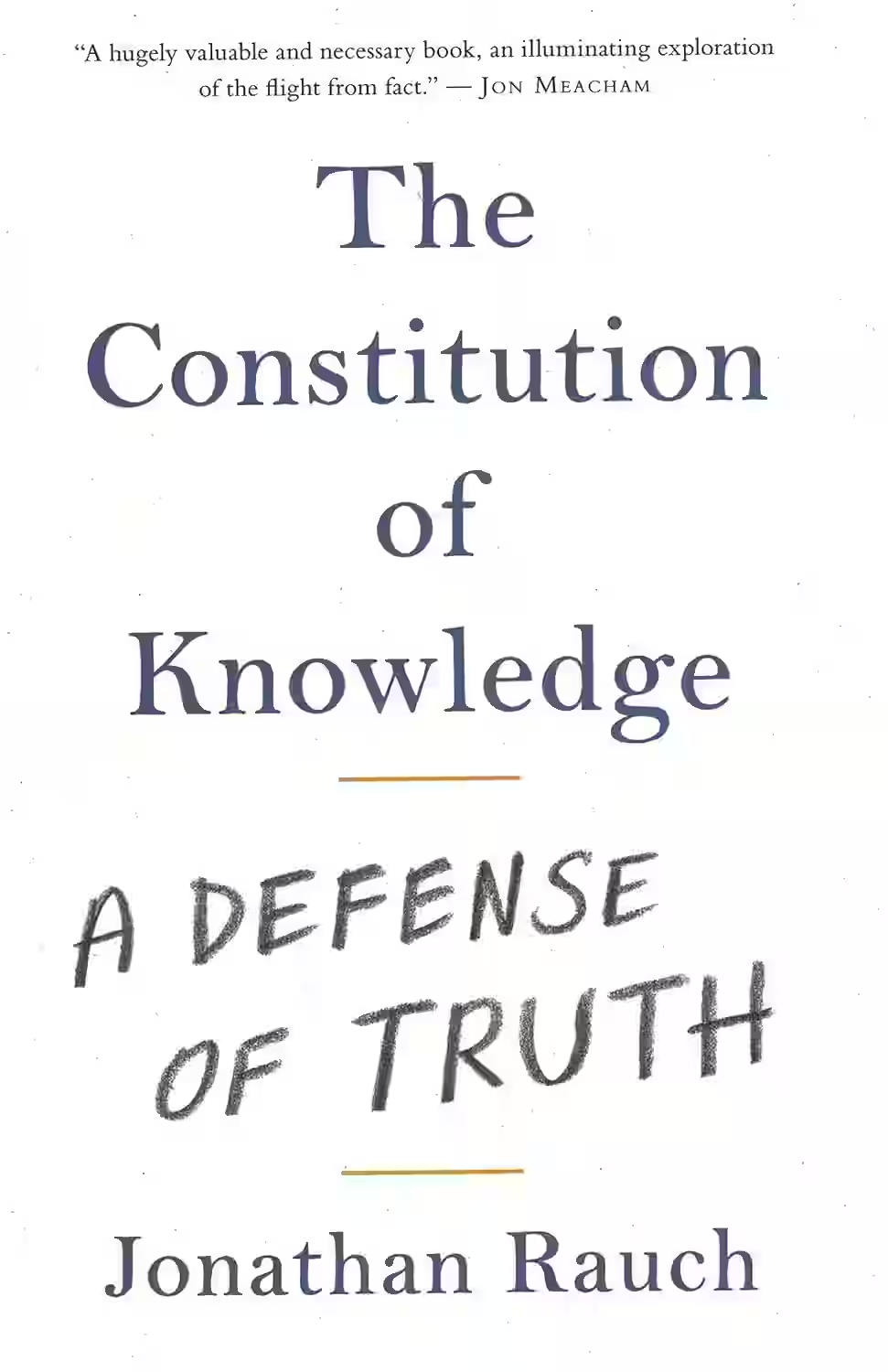
In The Constitution of Knowledge, Jonathan Rauch defends the epistemic institutions—science, journalism, academia—that uphold truth in democratic societies. He explores how norms like open debate, peer review, and fact-checking serve as a “constitution” governing the marketplace of ideas. Amid rising disinformation and tribal polarization, Rauch argues for preserving this knowledge system through free speech, tolerance, and intellectual humility. Blending political philosophy, history, and media studies, the book is both a defense and a roadmap for safeguarding truth in a digital age. It's an essential read for anyone concerned about democracy, truth, and the future of civil discourse.
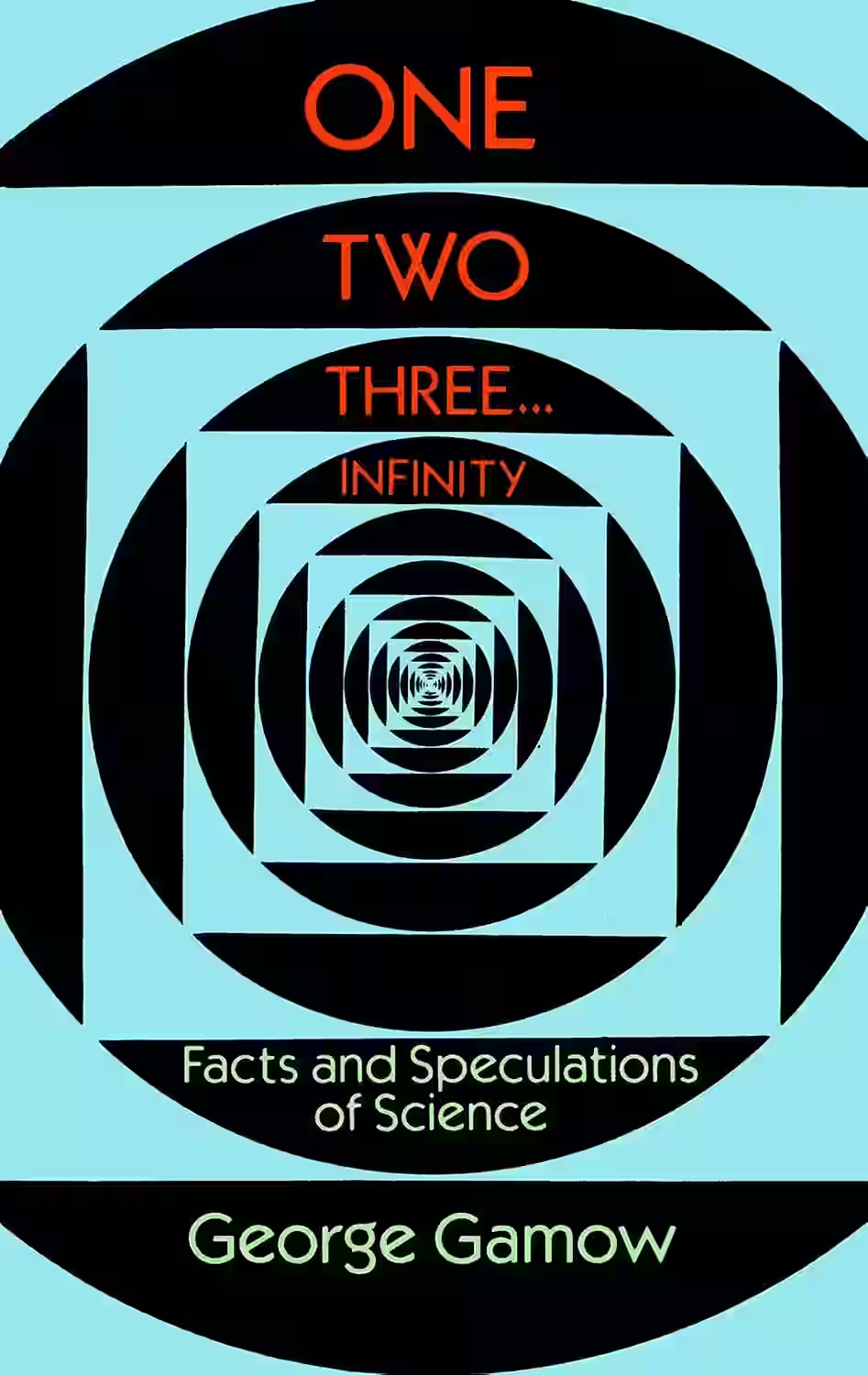
This classic science book offers a playful, accessible exploration of fundamental concepts in math and physics. George Gamow—a theoretical physicist and gifted writer—explains topics like infinity, relativity, atomic structure, and probability with humor and clarity. Written for a general audience, the book makes abstract ideas tangible through thought experiments and analogies. First published in 1947, it remains a beloved introduction to scientific thinking and curiosity. Gamow’s enthusiasm for discovery is infectious, making this an inspiring read for both students and adults interested in the wonder of the universe and the logic that underpins it.
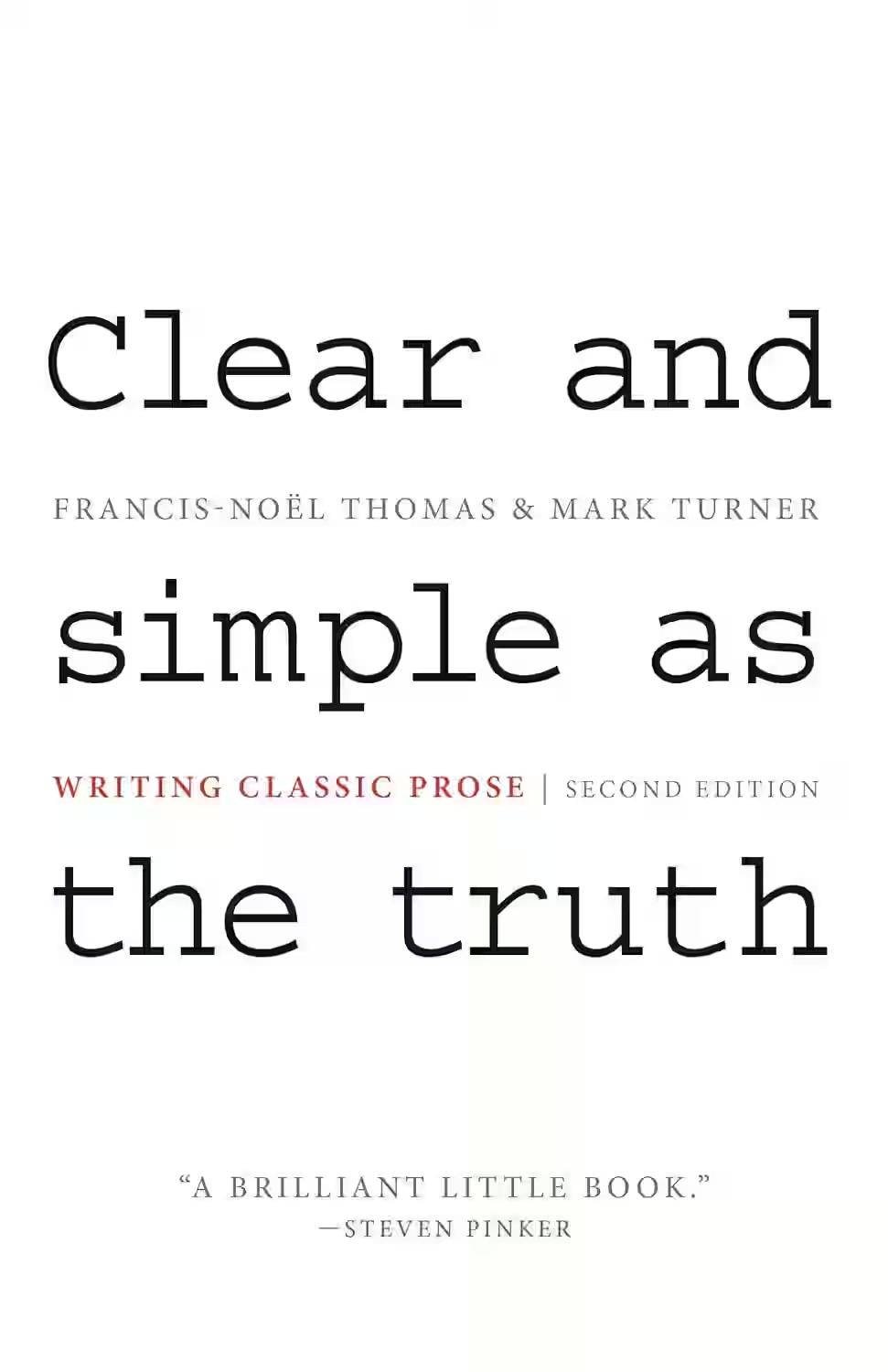
This book analyzes the “classic style” of writing—a mode that presents truth as if it were self-evident, discovered through observation, and conveyed with clarity and grace. The authors contrast this with other styles (such as practical or bureaucratic writing), offering examples and analysis that reveal how style shapes thought. More than a guide to writing, the book is a meditation on communication, knowledge, and elegance. It’s a favorite among writers, editors, and thinkers who value prose that is persuasive not through ornament but through transparency. It’s especially relevant for anyone striving to write with clarity and precision.
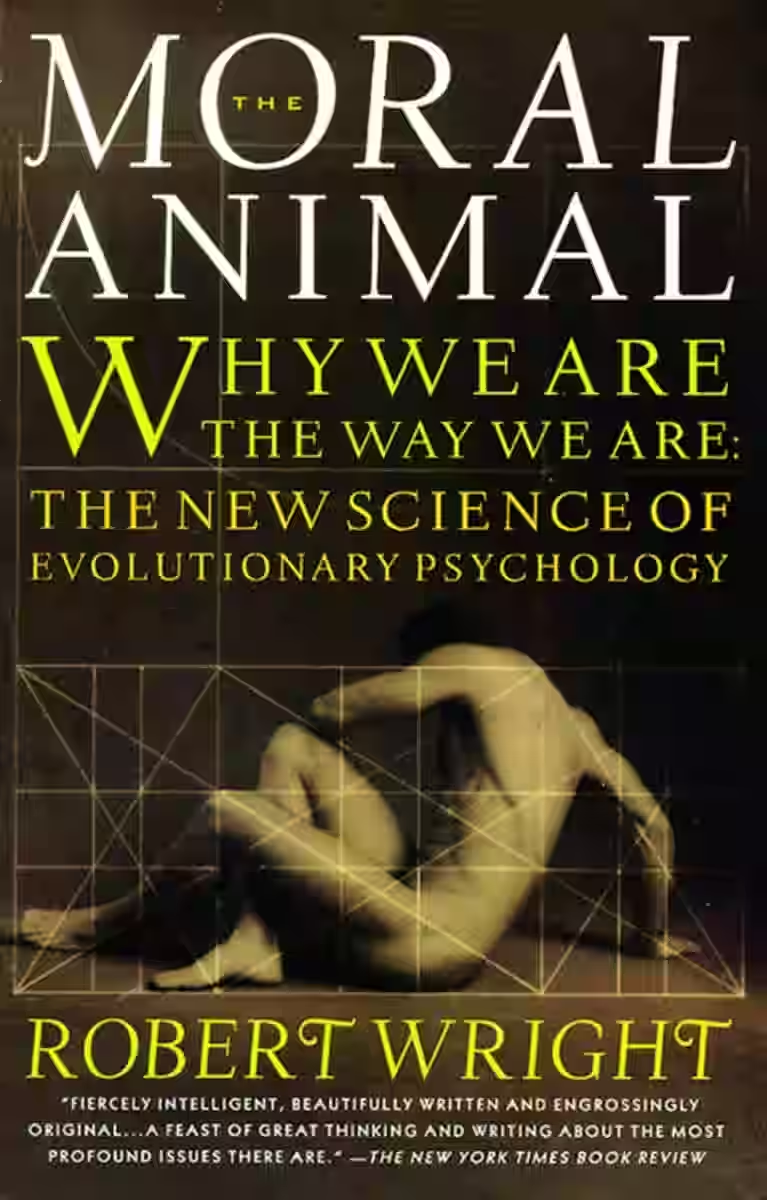
In The Moral Animal, Robert Wright applies evolutionary psychology to human behavior, relationships, and ethics. Drawing on Darwinian theory, he explains how natural selection has shaped not just our bodies but also our minds—our moral instincts, mating preferences, and social behaviors. The book investigates how selfish genes can produce selfless actions and how our evolutionary history influences love, jealousy, parenting, and morality. Wright uses Charles Darwin’s life as a case study, linking theory with biography. Thought-provoking and accessible, it challenges assumptions about free will, altruism, and the roots of human nature.
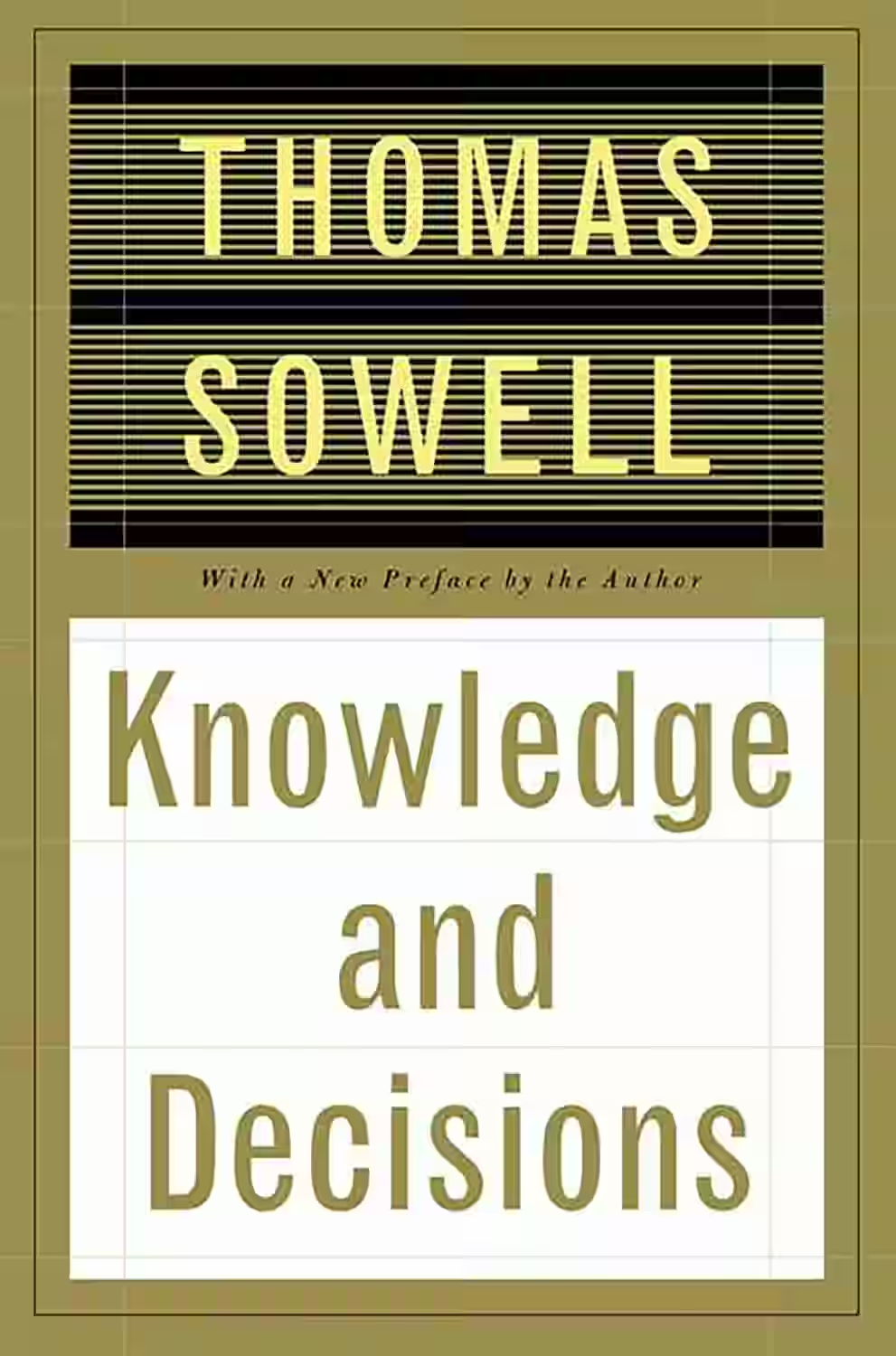
Economist and political commentator Thomas Sowell explores how knowledge is distributed and used across different institutions, from markets to governments. He argues that decision-making is most efficient when decentralized and guided by incentives, rather than centralized planning. Sowell highlights how information, incentives, and constraints shape outcomes in society, emphasizing the superiority of systems that allow individuals to act on local knowledge. Rich in economic and philosophical insight, the book critiques technocratic overreach and defends free-market mechanisms. It’s considered one of Sowell’s most intellectually rigorous works, offering a deep framework for understanding how societies function.
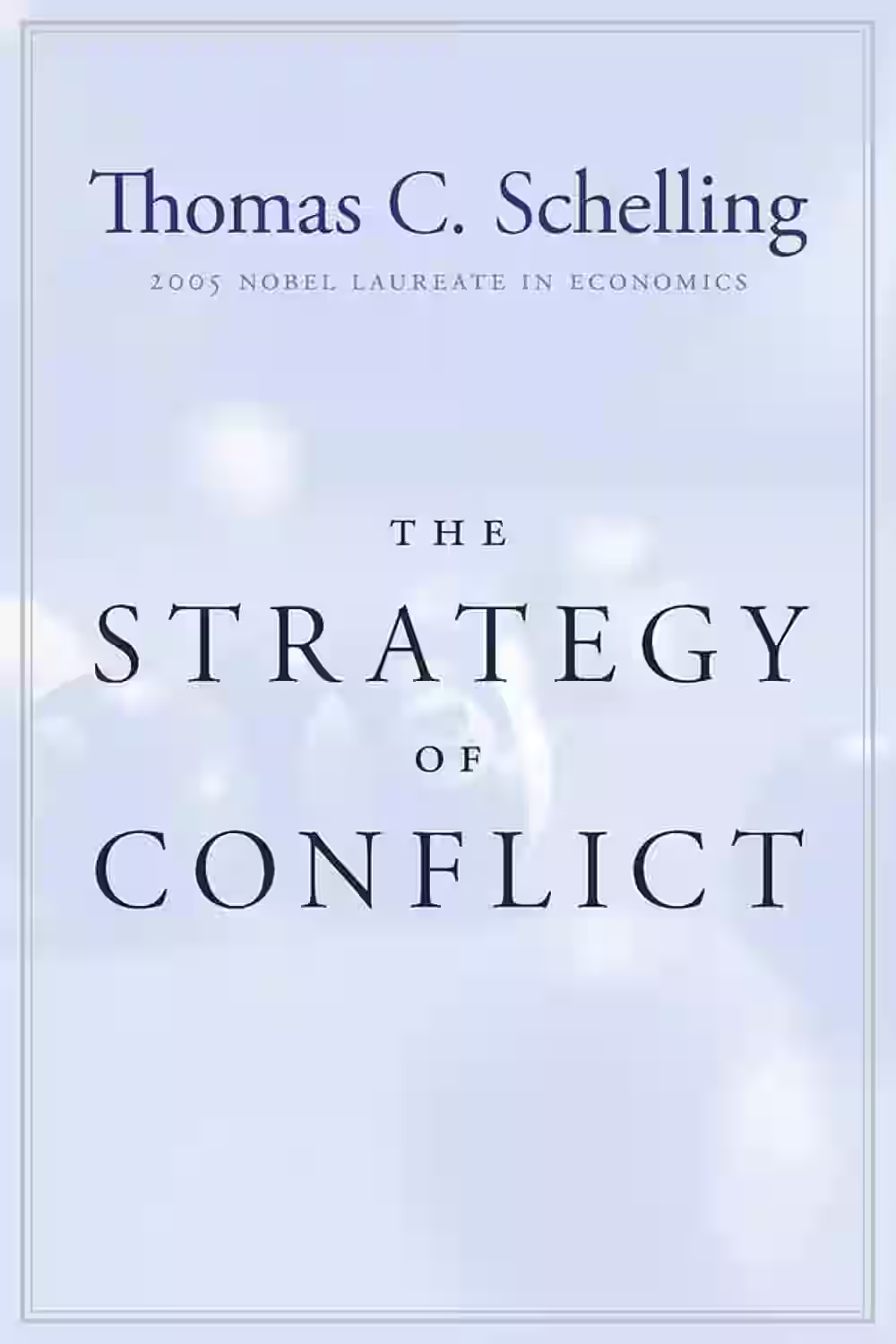
A seminal work in game theory, The Strategy of Conflict analyzes how individuals and nations behave in strategic situations—especially in contexts of negotiation, deterrence, and limited war. Schelling explores how communication, credibility, and rationality influence outcomes, showing how conflict can be managed, if not avoided. Originally published during the Cold War, its lessons remain relevant to diplomacy, business, and everyday life. With clarity and foresight, Schelling reveals the paradoxes of strategic thinking, like the value of unpredictability or the power of threats. His insights have shaped fields from economics to military strategy and behavioral science.
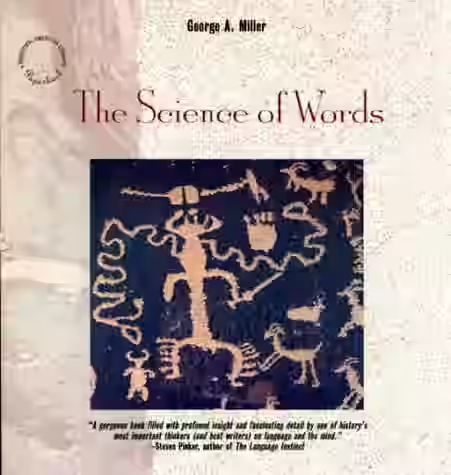
In The Science of Words, cognitive psychologist George A. Miller offers an accessible look into how language works—from meaning and memory to syntax and speech. Drawing on decades of research in psycholinguistics, he explores how people learn, process, and produce words. Miller explains the relationships between language and thought, covering topics like categorization, semantic networks, and ambiguity. The book bridges linguistics and psychology, showing how language reflects and shapes the human mind. It's a foundational work for understanding language acquisition, cognitive science, and the nature of communication. Clear and engaging, it’s ideal for students and curious readers alike.